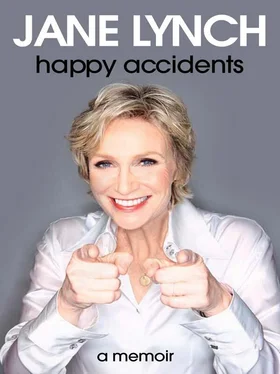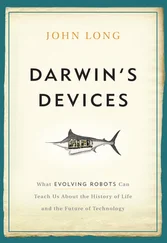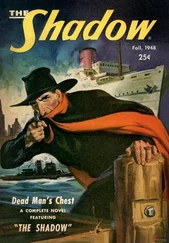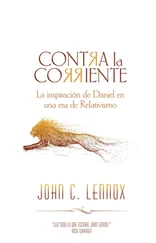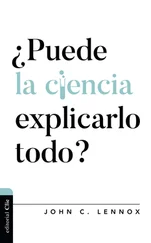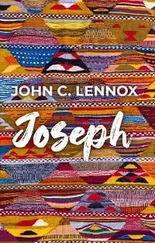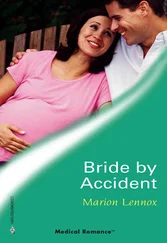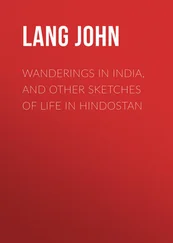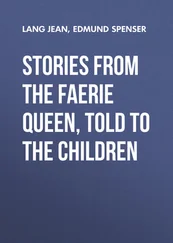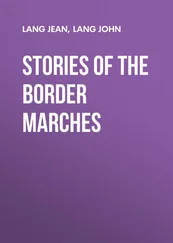Before I left Dolton, my mother had said, “Jane, don’t major in Theater. Major in something like Theater but where you can get a job, like Mass Communications.” In her mind, a general smear of media would satisfy my need to trod the boards. I desperately wanted to be an actress, but wanting also to please, I followed my mom’s advice.
Unfortunately—or, really, fortunately—when I tried to register for Mass Comm 101, all the classes were closed. So instead, I started taking acting courses on the sly. It was truly luck that the one state school with low enough standards to admit the likes of me had one of the best undergraduate theater departments in the country. Several original Steppenwolf Theater ensemble members had been recent graduates, including Laurie Metcalf and John Malkovich. The professors were treated as minor celebs themselves and managed to inspire both respect and fear in their students. Freshmen weren’t allowed to audition for shows during their first semester, but as soon as second semester started, I tried out for Lysistrata, a very cleverly updated musical adaptation of Aristophanes’ classic about the Peloponnesian War.
The play had been rewritten with a Southern theme: the Athenians were Gone With the Wind–style upper-crust Southerners, the Spartans a big old tribe of hillbillies. I managed to land a speaking role, which was a huge coup for a freshman. I’m sure there was nothing subtle about the way I played the country bumpkin Karmenia of Kornith, but I also added a minor twist to her character—one that, in retrospect, seems a bit odd, considering how deep in the closet I was. I made her an open lesbian.
There was a line where the lady warrior from the Isle of Lesbos said something like “You know, we women hang very close on Lesbos,” intimating that island’s Sapphic past (as if the name of the island didn’t make that clear enough). So I thought it would be funny to be super-obvious and ad-lib, “You told me weren’t gonna say nothin’…” When I first delivered the line, the director cracked up. Which I guess wasn’t surprising; there was a lot of whispering that she was a closeted lesbian herself.
As far as I can recall, there was only one open lesbian student in the theater program. She was burly, with a deep voice and hairy legs and armpits: the perfect stereotype of a butch lesbian. She also had a chip on her shoulder and a demeanor that said “Fuck you. This is who I am, take it or leave it.” Looking back now, I can appreciate how brave she was.
Our theater department was full of closeted homosexuals. We were too afraid to look at this aspect of ourselves, so of course we marginalized the one person who had the courage to be who she was. Needless to say, I didn’t want anything to do with her.
I was so excited to be a part of the cast of Lysistrata, which was a huge production featuring all the big department stars. (It was like in the old days of Hollywood, when MGM would do a movie like Grand Hotel and the entire roster of studio talent would appear in it.) I was always taking a look from outside my body and marveling that I was now one of them. A few of the women were so talented and such bright lights that I worshipped them like they were movie stars. The comedy was very pithy and smart. The music was inventive and fun. I was over the moon.
Sophomore year, I auditioned for Gypsy. The list for principal cast went up before the chorus list, and I almost didn’t check it because I was pretty sure that if I got anything it would be chorus. But there it was: my name on the principal cast list. I was gobsmacked. I was cast as Electra, one of the three strippers.
I had always loved singing, which is perhaps not surprising given how musical my parents were. Our whole family sang together almost every day, mostly Christmas carols and show tunes—Funny Girl, Man of La Mancha, The Sound of Music. In fact, we were mildly obsessed with The Sound of Music. When it was playing at the River Oaks Cinema, my mom dropped me, my sister, and the Climack girls off for the first showing of the day, and we never left our seats. We watched it over and over until she picked us up later that evening.
Gypsy would be my first time really singing a solo on stage, and although I was terrified, I proceeded to “act as if” I could do it. I also had no reason to believe anyone in their right mind would ever buy my baby-dyke self as a stripper. Obviously the director thought I could do it—he had given me the part—but I was afraid that what he saw wasn’t really there, that I had somehow fooled him. Looking back, I can see that I couldn’t give myself credit for anything, like I felt obliged to bow to the altar of my fears and trepidations. Maybe it kept the bar low, expectation-wise. But unlike my reaction to this kind of inner challenge when I walked away from The Ugly Duckling in high school, it never crossed my mind to quit.
The big show-stopping burlesque stripper number in Gypsy is called “You Gotta Have a Gimmick.” My character, Electra, had the gimmick of electricity: she “did it with a switch,” an actual electrical switch on her costume that lit her up. “I’m electrifying and I ain’t even trying!” she squealed. I worked my butt off rehearsing, and suddenly I found this full, robust chest voice I’d never had before. It felt wonderful, like massaging my soul. And even though I was über-critical of myself at this point in my life, I was flushed with victory. I’d walk through the quad with a giant inner smile, thinking, I’m in the school musical.
Unlike the other shows I’d been in, Gypsy was practically a professional production. The auditorium was state-of-the-art, and we had top-notch sets, lights, costumes, and a full stage crew. I imagined that this was what it must be like to do a show on Broadway.
MY PARENTS, TRUE TO FORM, WEREN’T TOO CONCERNED about what grades I was making in college. They were more interested in whether I was happy and making friends, and whether I needed money. (My dad would periodically mail me $20, with a note saying, “Here’s some green for the scene, teen.” He also sent $1 rebates for Ten High Whiskey to my dorm room, because you could only cash in one per address.) When I changed my major to Theater Arts, I was pretty sure they wouldn’t notice, and they didn’t. The Theater Arts Department had talent-based tuition waivers, and I auditioned and got one. My parents learned of my new major when they received the tuition bill marked “paid.” “Hey! Good for you!” Suddenly, being a theater major was pretty cool.
I loved my acting classes, and I even loved my theater history class. I actually started to get good grades because I gave a hoot about what I was learning.
One Christmas break, I was particularly excited to go back to Dolton because I wanted to show off a new skill I’d been developing. In one of my acting classes, I was learning to speak in what is called American Standard English, which has the objective of neutralizing speech to get rid of obvious regionalisms. I not only took to this process, I loved it in the way only a pedantic, overcompensating, insecure young person could. I practiced and practiced and decided I would speak American Standard English all the time. When I went home for the holidays that year, I launched right into showing off my new skills at the family Christmas party. “I had an in-ta-view lahst week,” I declared haughtily, as my sister rolled her eyes. My mom had a squinty “say what?” look, and our neighbor, impressed, said, “Gosh, Jane, you sound just like you’re from Boston!”
But sounding haughty was only the beginning. With my newfound success in the theater, I suddenly discovered—and unleashed—my inner diva. The more comfortable I got and the more empowered I began to feel, the more I tried to force my genius on others. If something in a production I was in wasn’t to my liking or up to my standards, I’d pitch a fit. I never hesitated to tell everyone exactly what they were doing wrong, in the most condescending tones possible. After someone poured their heart into a scene, I’d protest with “I didn’t believe you at all.” And for some reason I was surprised that this behavior seemed to alienate people ….
Читать дальше
